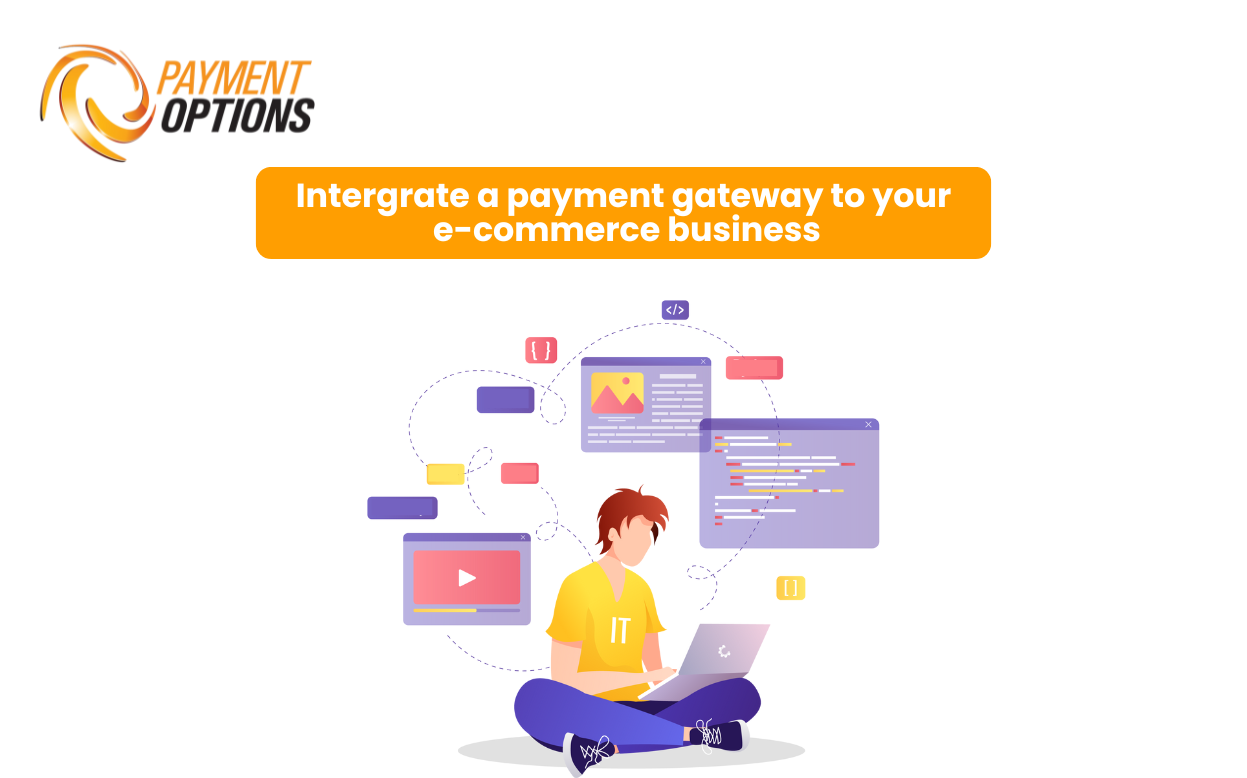Merchant Account Vs Processing Aggregators

Here’s the comparison
Payment Options, as a merchant account provider, provides merchants with their own dedicated merchant account, a business bank account required for merchants to be able to accept payments by debit or credit cards. While a payment processor, as Payment Options, may set up the merchant account for businesses, the actual agreement is between the business owner and an acquirer bank that provides the merchant account.
Processing aggregators like Square and PayPal help businesses to accept credit card and bank transfers without having to set up their own merchant account. All merchants together into one big aggregation, and each processes payments with a joint merchant account.
Aggregators provides a quick setup process for all businesses. This means that they can allow many higher-risk businesses that merchant account providers cannot. A processing aggregator and their acquirer must abide to several different standards and follow some rules set for very high-risk accounts by the credit card associations.
Merchant Account Provider
- Merchants is provided their own dedicated merchant account.
- The application process is lengthy.
- Merchants must apply and get approved which can take time.
- Merchant account providers seek for information (i.e. processing volumes) with less interruptions to processing activity. In case of unusual behavior, merchants will be alerted, before their account is frozen or terminated.
- Merchant account providers customised their rates to each business – by giving more competitive pricing.
- Merchant account providers have higher processing limits while they will grow and scale with businesses.
- With merchant account providers, merchants typically see funds in their account within 1-2 business days, when there’s little to no interruption to processing activity.
Aggregator
- Merchants share an aggregator’s joint merchant account with other merchants.
- Very quick and simple to process application.
- Requires very little downtime; merchants can start processing payments instantly.
- Aggregators carry a higher risk for fraud and they will exercise greater levels of caution to suspicious activity or not regular transactions. So there are more account freezes, holds, and/or sudden terminations.
- The rates provided by Aggregator are fixed, which can increase as merchants process more.
- They have their own rules, aggregators have lower individual and annual processing limits.
- Aggregators can withhold funds whenever they wish. Merchants give-up control over funding and must rely on them to transfer funds from the joint merchant account to merchants’ bank account.





